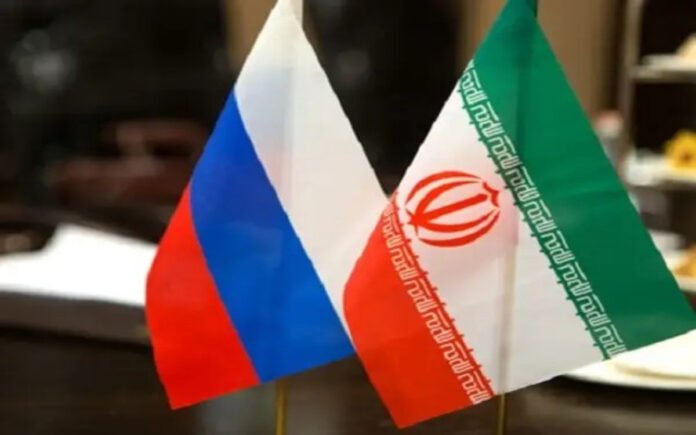Moscow/Tehran: In an unexpected move, Iran has issued a rare warning to Russia, urging its ally to reconsider its stance on the Azerbaijan-Armenia border dispute. Iranian Foreign Minister Sayeed Abbas Araghchi openly criticized Russia on X (formerly Twitter) for backing Azerbaijan’s proposed land corridor along the Armenia-Iran border.
“Regional peace, security, and stability are not just preferences but essential to our national security. Any threat from the north, south, east, or west to the territorial integrity of our neighbors, or the redrawing of borders, is totally unacceptable and represents a red line for Iran,” Araghchi stated on social media.
The comments indicate a shift in Iran’s foreign policy, suggesting that Tehran is prepared to confront Russia, despite the strong economic and military ties between the two countries.
Mounting Russia-Iran Tensions
In Tehran, concerns have been growing over the deepening security relationship with Moscow. Critics argue that Iran’s military support for Russia, including providing drones reportedly used in Ukraine, comes at a significant diplomatic cost.
Earlier this week, Iran summoned the Russian ambassador to express dissatisfaction with Moscow’s encouragement of the territorial dispute. The Iranian government emphasized that it would not tolerate actions threatening its borders.
Mohsen Rezaei, former commander of the Islamic Revolutionary Guards Corps (IRGC) and secretary of the Expediency Council, echoed the concerns. “The behavior of Russian officials was unacceptable and contradicted their declarations of friendship with Iran. These ambiguities need to be addressed,” Rezaei told the Guardian.
Also Read | Tragic Fire at Kenyan Boarding School Claims Lives of 17 Boys
Azerbaijan’s Zangezur Corridor
The issue centers on Azerbaijan’s plan to establish the Zangezur corridor, a transportation route intended to bypass Armenia and connect Azerbaijan to the Nakhchivan exclave. This corridor is sensitive for Iran, as its completion would sever Tehran’s direct land link to Armenia. Turkey, which supports the project, views the corridor as a geopolitical bridge between Turkey, Azerbaijan, and Central Asia.



